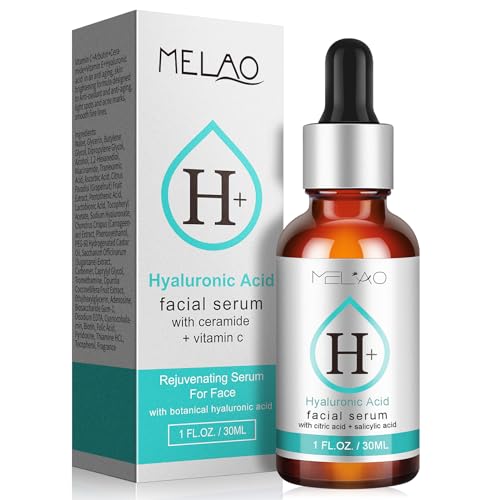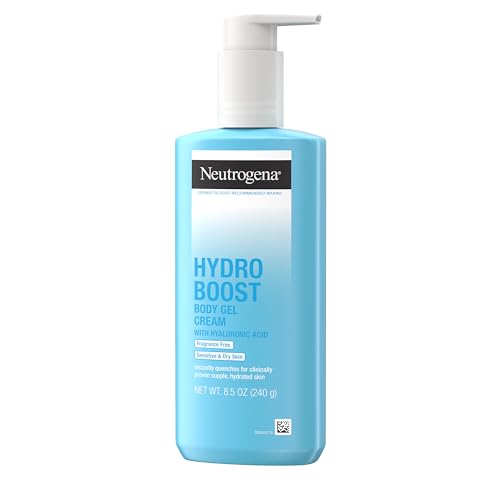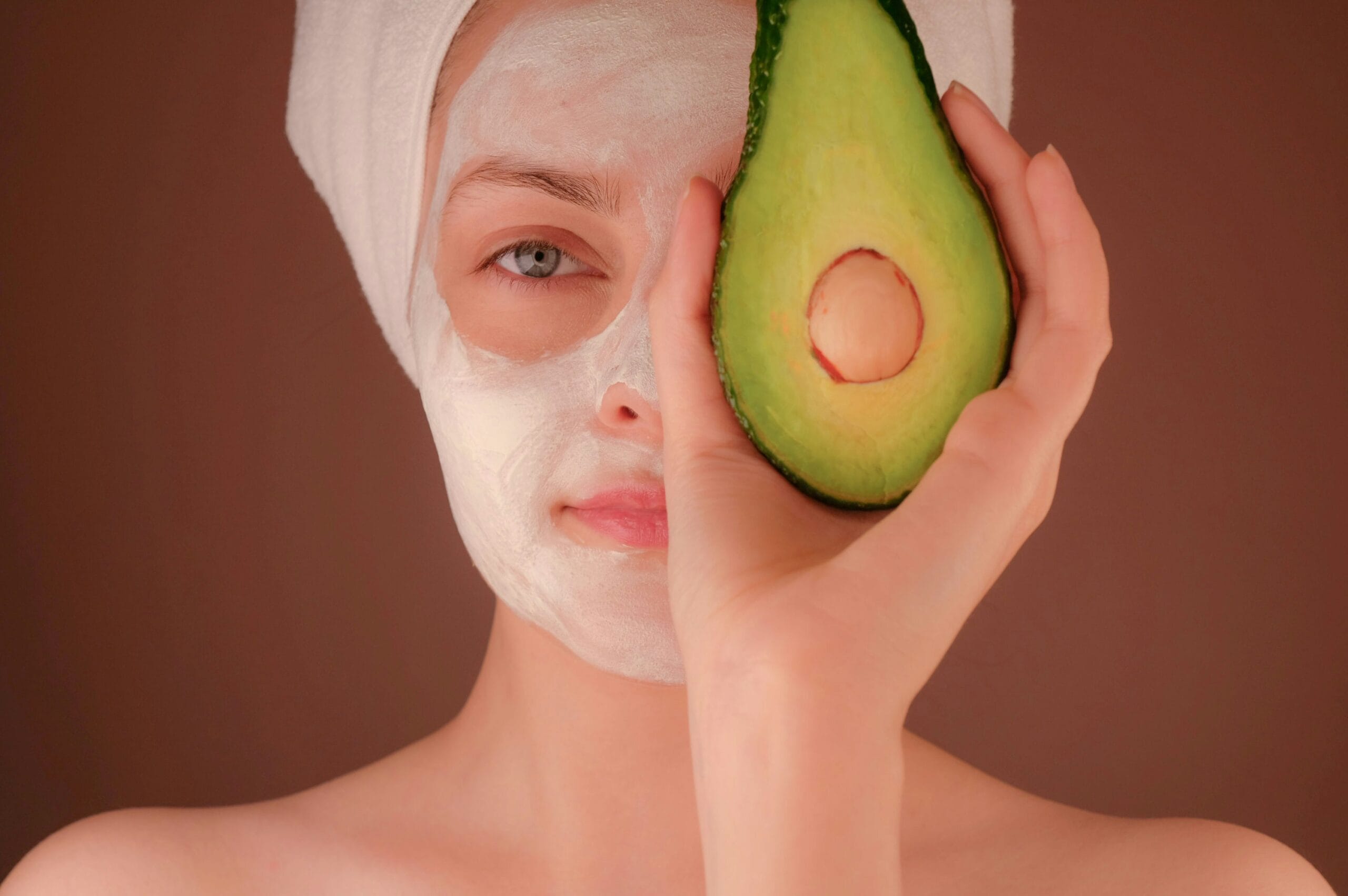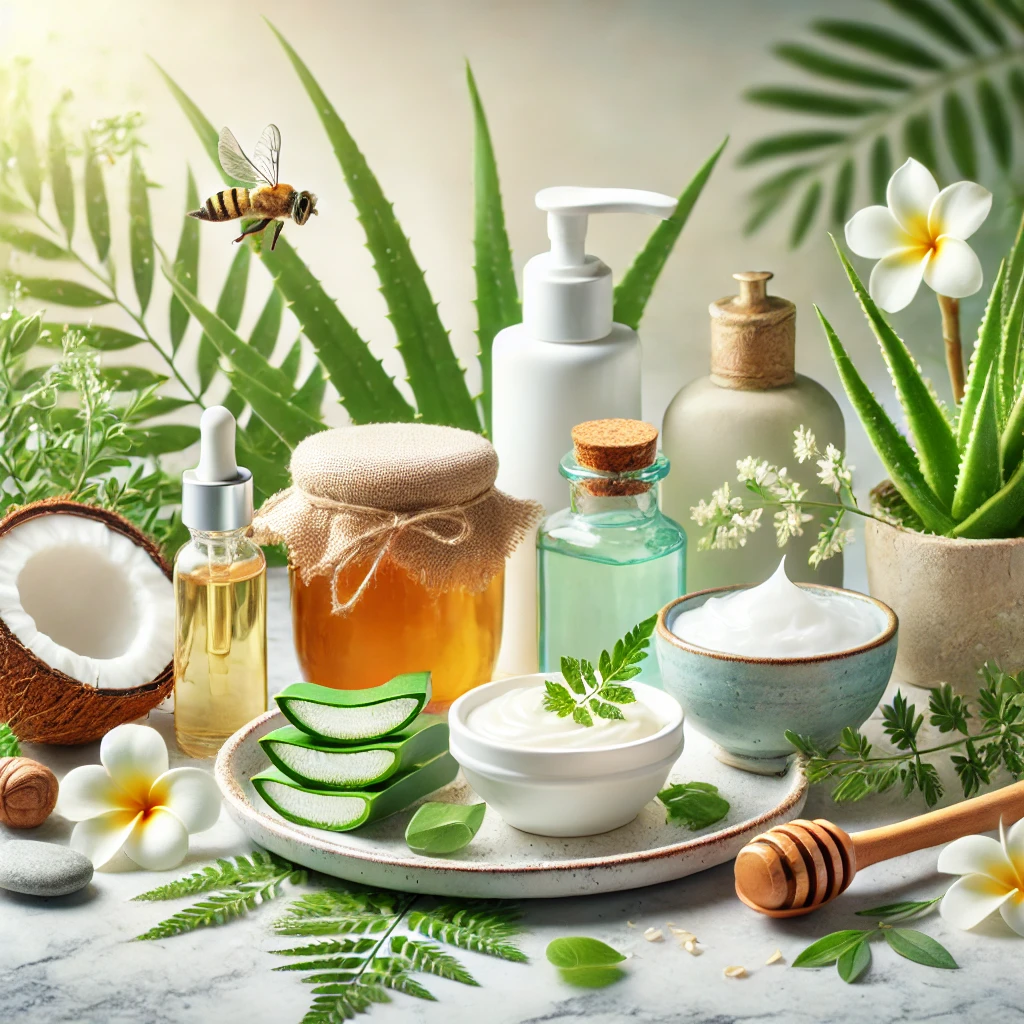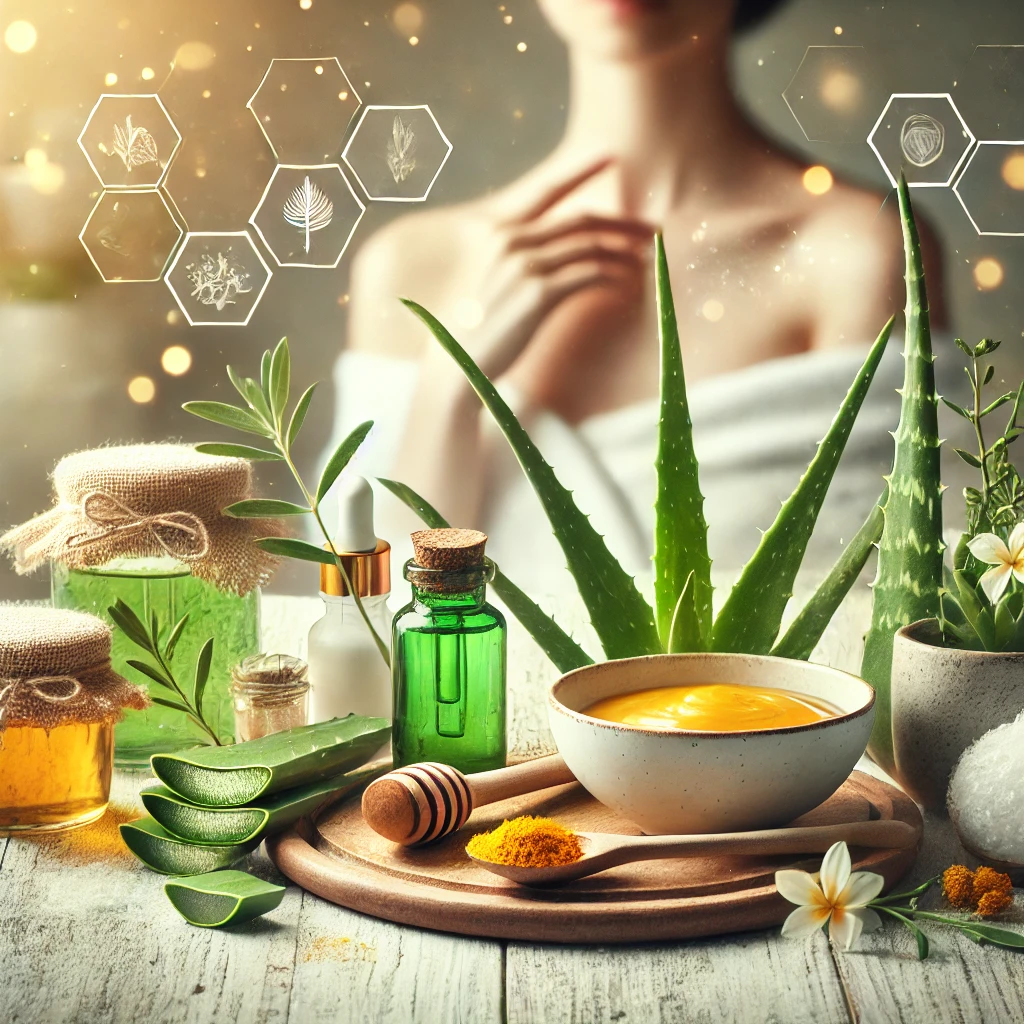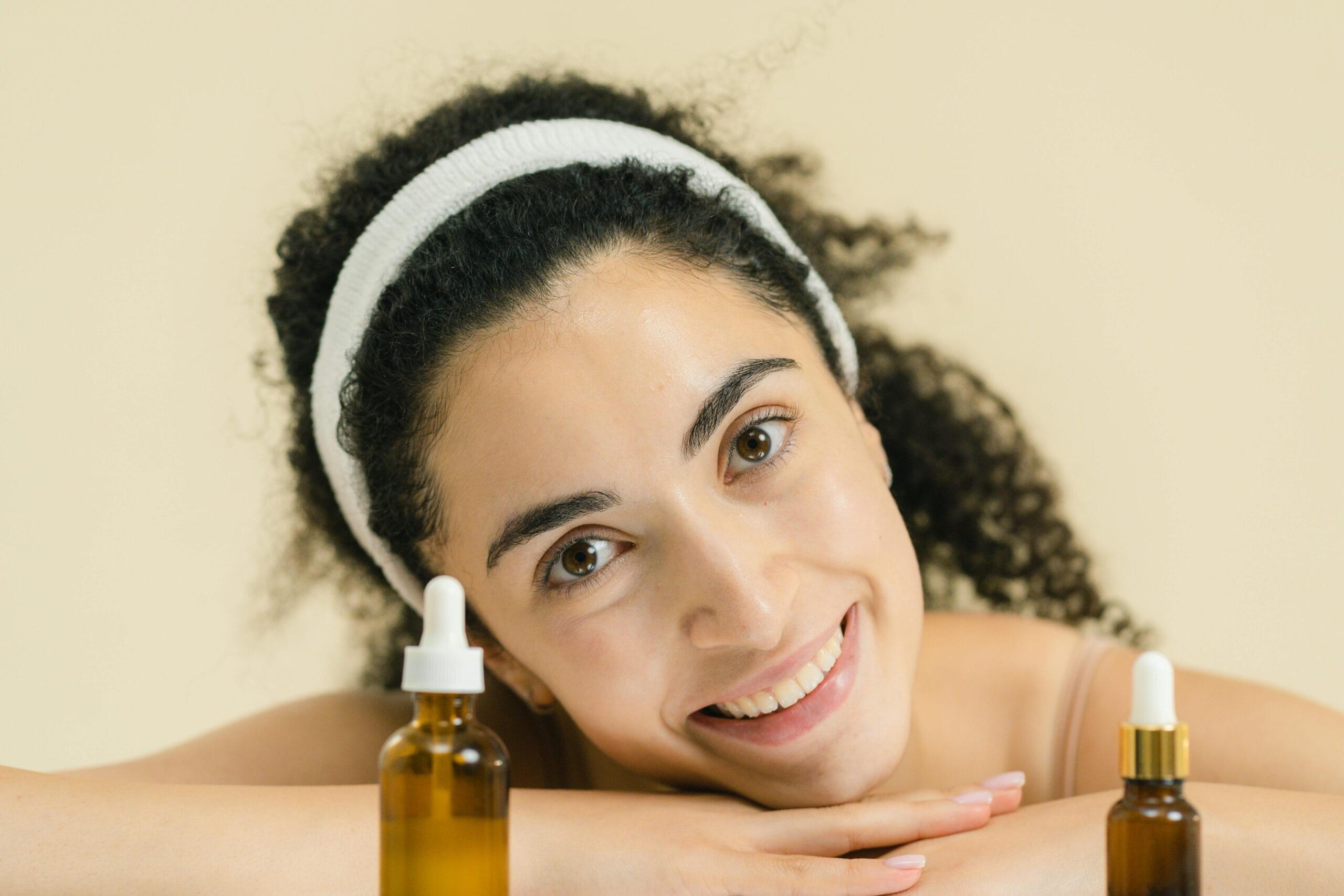Understanding Skin Hydration
Skin hydration is the presence of sufficient moisture within the skin, crucial for its health and appearance. The skin consists of three layers: the epidermis, dermis, and subcutaneous tissue. The epidermis serves as a barrier, protecting the underlying layers.
Water is vital for the skin’s flexibility and texture, and proper hydration helps the cells function well, promoting a youthful complexion. Hydration directly impacts skin health, including its barrier function, which prevents moisture loss and protects against environmental pollutants and pathogens. When the skin is adequately hydrated, it retains its elasticity, leading to a smoother and more even texture.
Conversely, insufficient hydration can result in a range of issues, from dryness and flakiness to visible signs of aging such as fine lines and wrinkles. Dehydrated skin often presents symptoms such as tightness, dullness, and uneven tone, highlighting the importance of water for glowing skin.
Maintain healthy skin by using hydrating products, drinking water, and choosing moisture-boosting ingredients like hyaluronic acid. Ensuring daily hydration not only supports surface hydration but also contributes to skin elasticity and overall vitality.
The Benefits of Staying Hydrated
Maintaining proper hydration is essential for achieving and sustaining healthy skin. The benefits of hydration for skin health are extensive, impacting not just the appearance but also the underlying function of the skin. When the skin is adequately hydrated, one of the most noticeable effects is improved skin elasticity. Well-hydrated skin retains its suppleness, making it less prone to sagging or developing wrinkles. This enhancement in elasticity is crucial as it contributes to the skin’s youthful appearance, reducing the prominence of fine lines and other signs of aging.
- Sustainability in Your Hands: Our new Nalgene Sustain water bottles are made with material derived from 50% Plastic Wast…
- Leak-Proof Design: This Nalgene water bottle is completely leak proof, made of durable BPA-free Tritan, easy to clean an…
- For Your Everyday Adventures: Take your Nalgene bottle to the gym, office, camping, exploring and everywhere in between
Additionally, proper hydration plays a significant role in enhancing the overall complexion, leading to radiant and glowing skin. Drinking sufficient water for glowing skin assists in flushing out toxins that can lead to dullness and uneven skin tone. Conversely, dehydration can exacerbate common skin issues such as dryness, irritation, and acne. Addressing these concerns involves a comprehensive approach, and incorporating hydration tips for better skin can significantly alleviate symptoms.
Furthermore, staying hydrated affects the body as a whole, promoting a sense of well-being that is mirrored in the skin’s appearance. Dehydration and skin issues are often interconnected; as the body lacks water, the skin can become dry and irritated, which may lead to increased breakouts. A well-structured hydrated skincare routine, including hydration for clear skin, can counteract these effects. Utilizing hydrating skin care products, coupled with the importance of drinking water for skin health, creates a synergistic effect that is beneficial for both skin and overall health.
Incorporating the best ways to hydrate skin, such as consuming water-rich foods and using moisturizers, further enhances skin hydration benefits. This holistic approach not only addresses superficial appearances but also fosters a healthier skin environment. By acknowledging how hydration affects skin health, individuals can adopt effective practices leading to daily hydration for youthful skin, reinforcing the importance of maintaining hydration levels.
Practical Tips for Hydrating Your Skin
Proper hydration is essential for maintaining healthy skin, and several effective strategies ensure that skin receives adequate moisture. One of the best ways to start is by establishing a daily water intake routine. It is generally recommended that adults aim for at least eight 8-ounce glasses of water per day or about two liters. However, this requirement may vary based on individual activity levels, climate, and overall health.
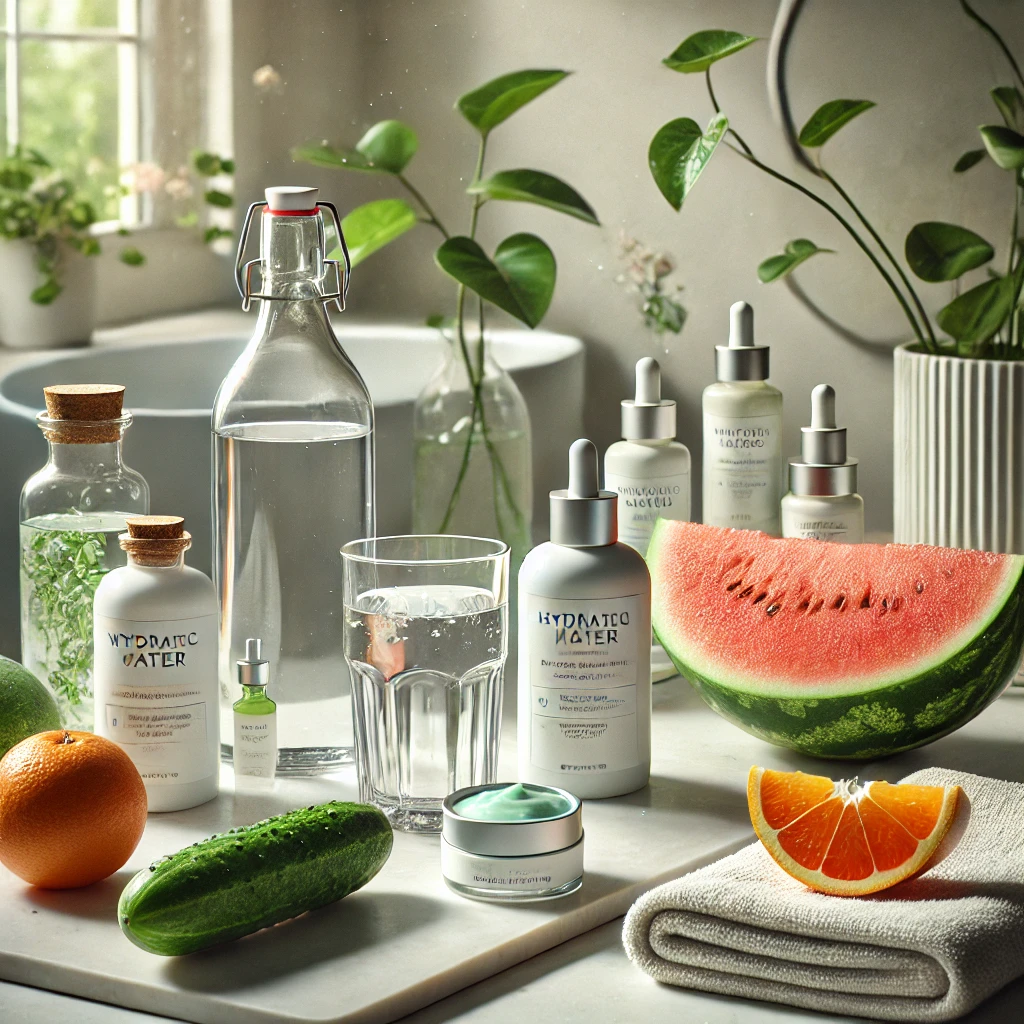
In addition to drinking sufficient water, incorporating hydrating foods into your diet can significantly contribute to skin hydration. Fruits and vegetables such as cucumbers, watermelons, oranges, and strawberries contain high water content and are also rich in vitamins and antioxidants that benefit the skin. Additionally, consuming foods rich in omega-3 fatty acids, like avocados and fatty fish, supports skin health and hydration by enhancing its elasticity.
It is also important to consider the role of topical moisturizers. Implementing a hydrated skincare routine is vital for preserving moisture barriers. Look for hydrating skin care products that contain ingredients such as hyaluronic acid, glycerin, and ceramides, which are known for their ability to attract and retain moisture. Applying these products when your skin is still damp can help lock in hydration more effectively.
Parents must ensure that children maintain proper hydration. Encouraging kids to drink water throughout the day, especially during physical activities or warm weather, will help prevent dehydration and support healthy skin. Moreover, adapting hydration habits to the changing seasons can mitigate common skin issues caused by dry air or sun exposure. For instance, using a humidifier during winter can promote moisture retention in the skin, while applying sunscreen in summer is important to protect against sun damage.
By following these hydration tips for better skin, individuals can foster a routine that contributes to overall skin health, ensuring a vibrant and youthful appearance over time.
Common Misconceptions About Hydration and Skin Health
Hydration for healthy skin is a topic often surrounded by misconceptions that can lead to confusion about the best practices for maintaining skin health. One commonly held belief is that simply drinking more water automatically guarantees better skin. While adequate water intake is essential for overall health, it is important to understand that hydration for clear skin involves a more complex interaction of factors. The skin is the body’s largest organ, and maintaining its moisture levels depends not only on internal hydration but also on external influences and skincare routines.
Another prevalent myth is that only topical products can effectively hydrate the skin. This notion overlooks the significant role that hydration plays at a cellular level. While hydrating skin care products can contribute to immediate surface moisture, they do not provide the deep hydration necessary for maintaining skin elasticity and combating dryness. Optimal hydration requires a balanced approach that includes both effective products and sufficient water intake. Focusing solely on topical solutions can lead individuals to neglect the importance of drinking water for skin health.
Furthermore, there is a belief that hydrating products alone can reverse dehydration and its effects on the skin. Dehydration and skin issues such as dullness or fine lines may require a combination of lifestyle adjustments and a well-rounded skin care regimen. Incorporating daily hydration for youthful skin includes not only using hydration tips for better skin but also adjusting diet and lifestyle to ensure a holistic approach. This may involve enhancing one’s diet with fruits and vegetables with high water content and avoiding excessive caffeine or alcohol consumption, which can dehydrate the skin.
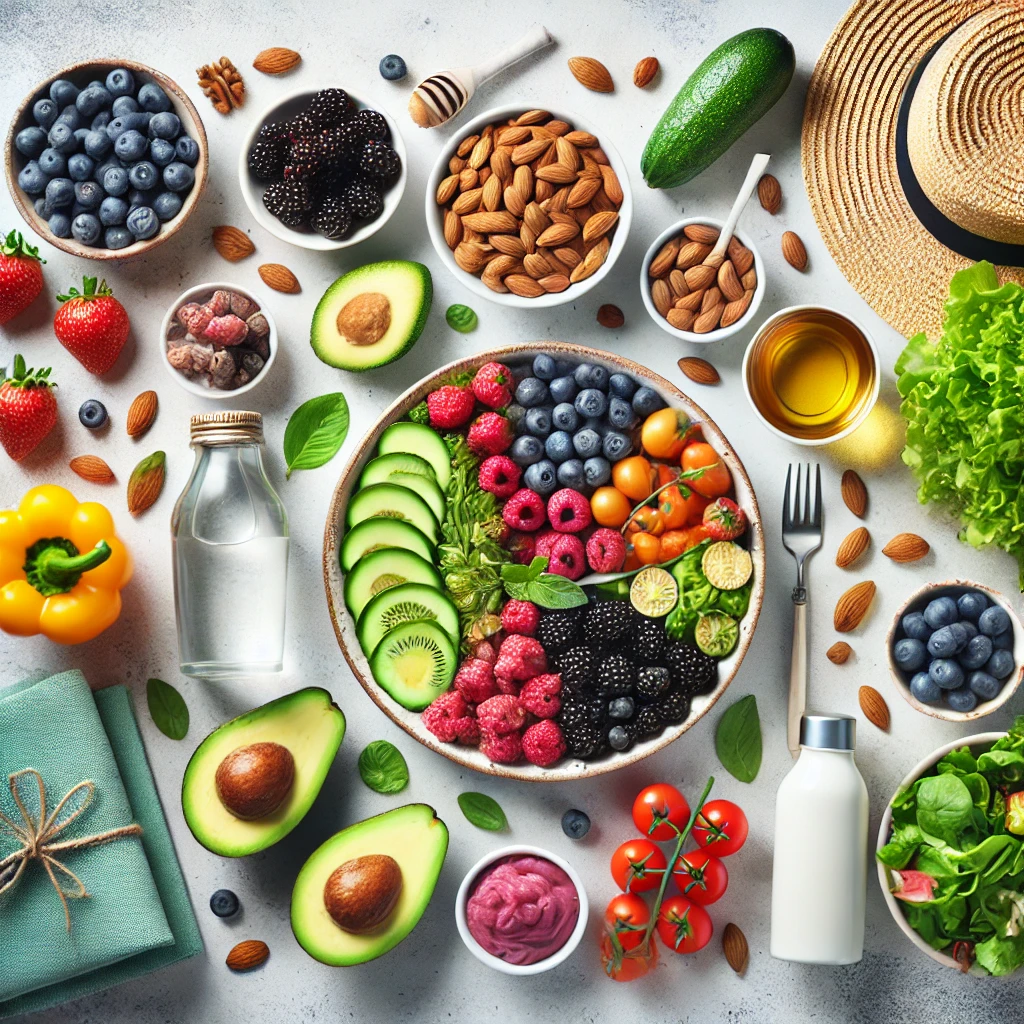
In conclusion, addressing these common misconceptions is crucial for understanding the importance of a comprehensive strategy when it comes to skin hydration. An informed approach will help in achieving the desired results for healthy and glowing skin.










